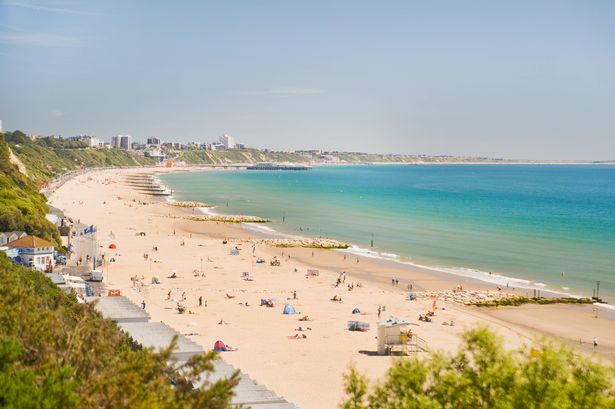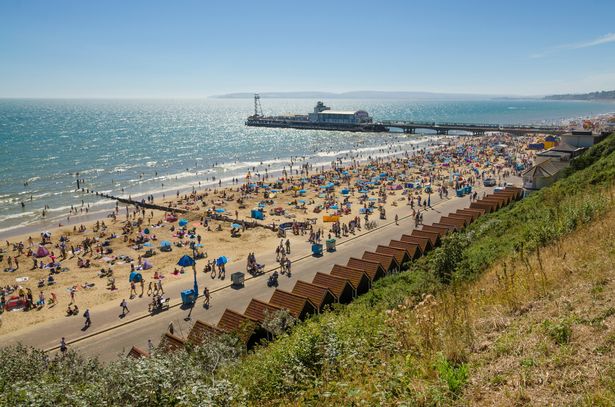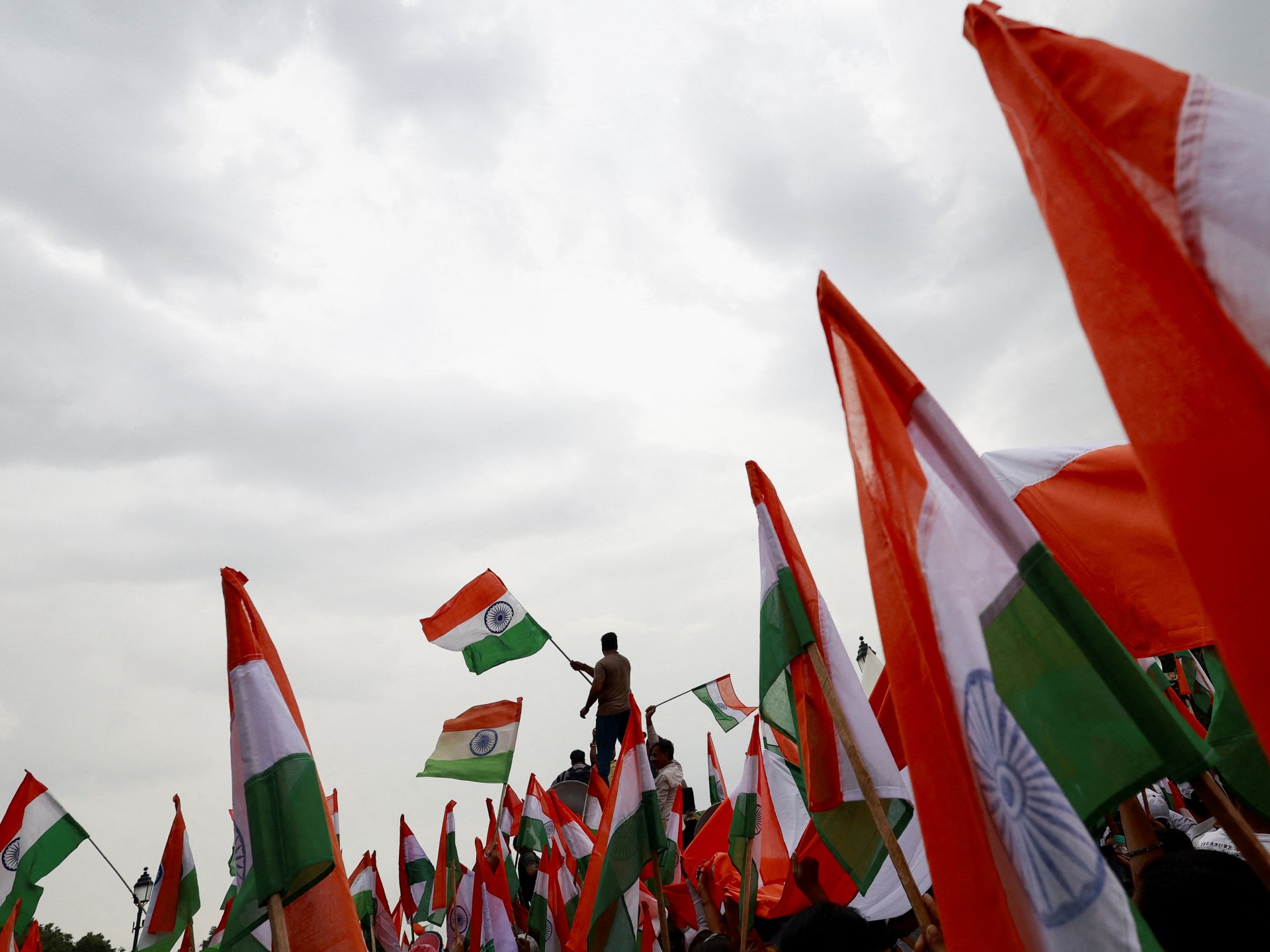Bournemouth has been named the most in-demand coastal location for buyers, with its stunning natural beauty, extensive green spaces, and appealing property market all contributing to its popularity
Bournemouth, the charming coastal town situated on England’s southern coast, has recently experienced a significant increase in popularity among property buyers. The latest figures from Rightmove reveal that Bournemouth has become the most sought-after seaside location for purchasers, a trend fuelled by its breathtaking natural beauty, abundant green spaces and attractive housing market.
Bournemouth presents a unique mix of attractions that make it an irresistible choice for potential homeowners. The town is home to seven miles of stunning sandy beaches, ideal for a variety of activities from sunbathing to water sports.
READ MORE: Simple airport duty free trick to bag cheaper beauty and alcohol before arriving
These beaches, along with 2,000 acres of green space, offer a perfect equilibrium between coastal and city living. Adding to its allure, Bournemouth is conveniently located near the Jurassic Coast, a World Heritage Site renowned for its dramatic cliffs, historical importance, and natural splendour.
This close proximity allows inhabitants to experience the best of both worlds: the serenity of seaside living and the thrill of exploring ancient landscapes.
Bournemouth’s property market has witnessed substantial growth over the past five years. The average asking price for properties in 2024 stands at £360,298, representing a 22% increase since 2019.
The surge in property values is a clear indicator of the surging demand and Bournemouth’s escalating allure. The town is becoming increasingly sought-after due to several enticing attributes.
With its stunning beaches and lush parks, Bournemouth offers an abundance of outdoor leisure activities and spots for unwinding, reports the Express.
Its vibrant cultural landscape is dotted with festivals, theatres, and a selection of eateries, contributing to an enriched living experience. Excellent transport links mean Bournemouth is well-placed for those wishing to commute to metropolises like London.
Educational institutions, including highly-regarded schools and Bournemouth University, increase the town’s attraction for families. Locals have voiced their joy over the area’s burgeoning popularity.
On Trip Advisor, an enthused resident remarked: “Living here feels like being on a perpetual holiday. The community is welcoming, and there’s always something to do. The rising property values are a testament to how wonderful this place is.”
Bournemouth’s rising fame as a residential hotspot augurs well for its economic prosperity, with potential upticks in investment and tourism.
Yet, this popularity boom poses hurdles, notably in ensuring growth is handled responsibly and the town’s scenic charm is preserved.
In spite of these challenges, the outlook for Bournemouth remains promising as it cements its status as one of the UK’s most coveted living destinations.



